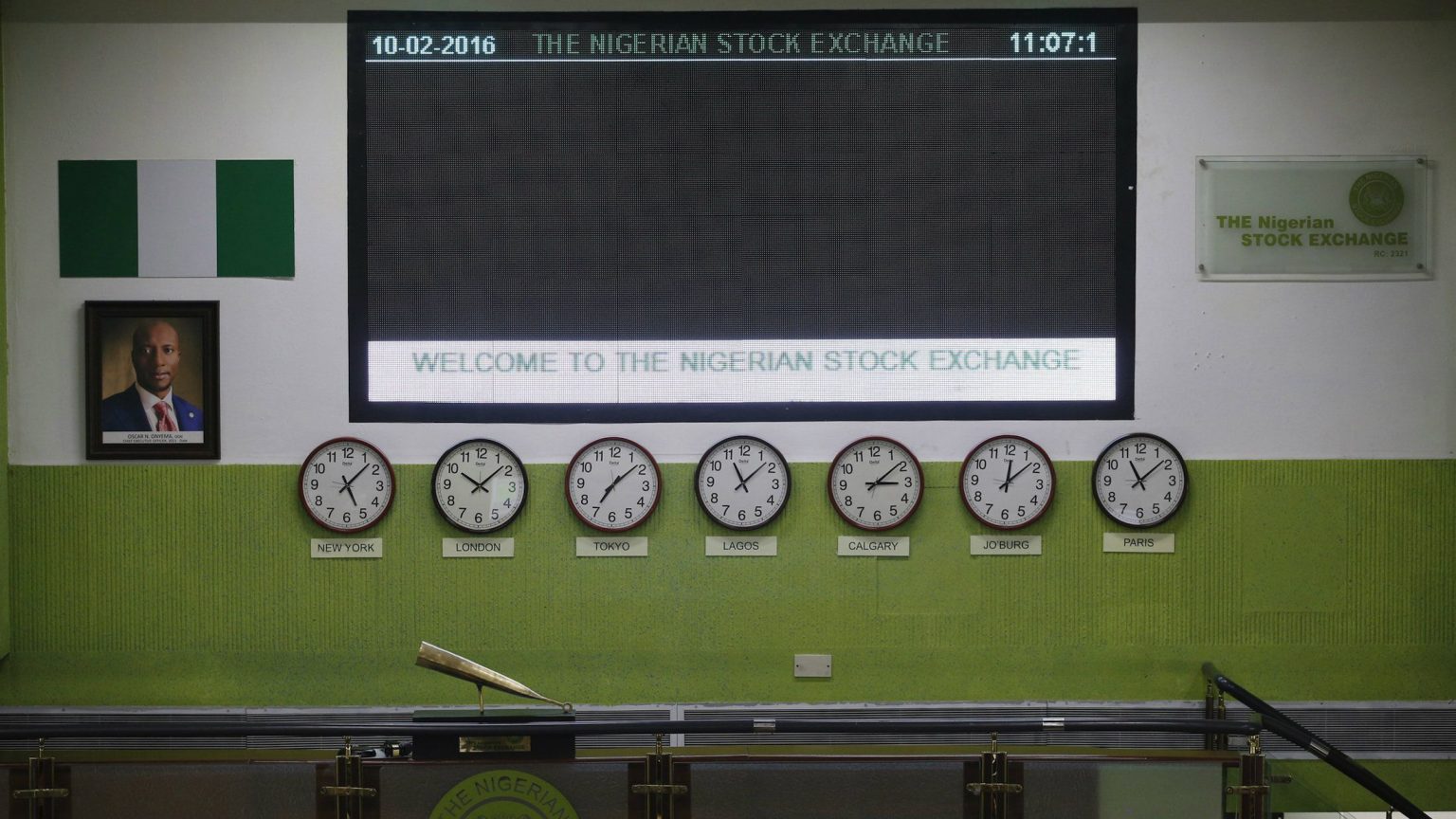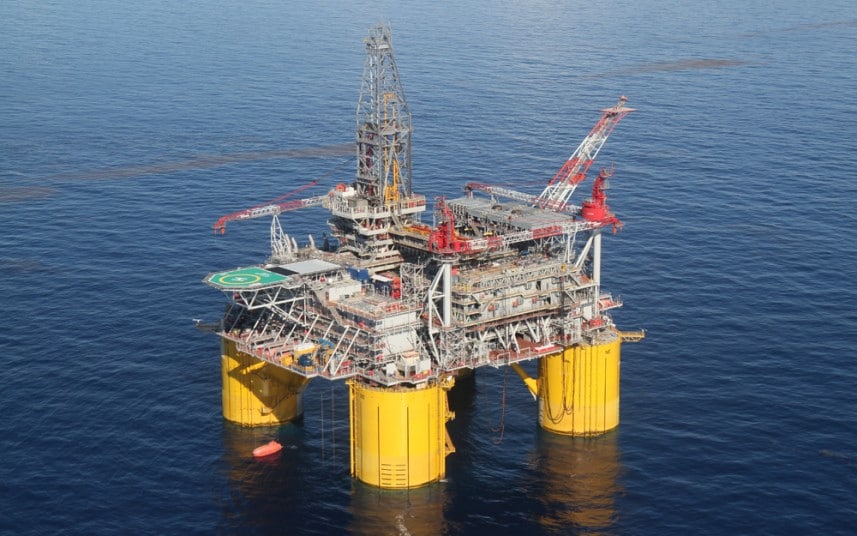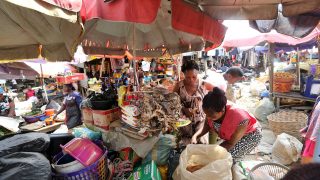According to a report released by the Nigerian Inter-Bank Settlement System (NIBSS) last week, the number of active accounts around banks in the country reduced by 1.5 million in 2017. However, while the number of active bank accounts decreased, the number of BVN-linked bank accounts in Nigeria increased from 26 million to 41.3 million in 2017.
The reduction in the number of active accounts was attributed to the ongoing fight against corruption in the banking sector in Nigeria through the use of the BVN. The holders of such accounts were forced to forfeit them seeing that they held money gotten through double-dealing and misconduct. The BVN was introduced in 2014 to enhance financial inclusion and transparency in Nigeria’s banking sector, and to fight corruption.
Below is the Ventures Africa Weekly Economic Index, for the week ending 9th of March 2018. This economic index gives you a glimpse into other recent activities in Nigeria’s economy as well as changes that could affect the economy:
How did the Nigerian Stock Market perform?

According to recent data released by the Nigerian Stock Exchange (NSE), as of 16th of March 2018, the all share index depreciated by 2.85 percent from the previous week ending 9th March 2018. Market capitalization at the close of trading during the week under review was N15.002 trillion which is a 3.26 percent decrease from N15.508 trillion recorded the previous week. The All Share Index for the week under review closed at 41,935.93.
Top five price Gainers and Decliners in the week under review:
Top five price gainers
Associated Bus Company Plc.
John Holt Plc.
N.E.M. Insurance Co (Nig) Plc.
Cutix Plc.
NPF Microfinance Bank Plc.
Top five price decliners
Japaul Oil & Maritime Services Plc.
Fidelity Bank Plc.
Unity Bank Plc.
Africa Prudential Plc.
Regency Alliance Insurance Company Plc.
How did the Naira fare?

In the week under review, the Naira appreciated against the dollar in the parallel market. It was sold at N359/$ on Friday ending 16th of March 2018, increasing from N360/$ recorded on the 9th of March 2018. The Naira exchange rate has for the past few weeks alternated between 359-360/$.
How did the price of oil fare?

Global oil price rose last week from $64.40 per barrel on the 9th of March to $65.07 last week, steadily climbing again towards the $70 mark it reached earlier this year.
Nigeria’s rising debt profile

According to data released by Nigeria’s Debt Management Office on 13th March, 2018, Nigeria’s Total Public Debt as at December 31, 2017 was 18.20 percent of Nigeria’s GDP for 2017, and it spends 34 percent of its revenue to service said debt. Analysts say the Debt-to-GDP ratio continues to be within the widely accepted 60 percent limit, and therefore is not yet a disaster.








